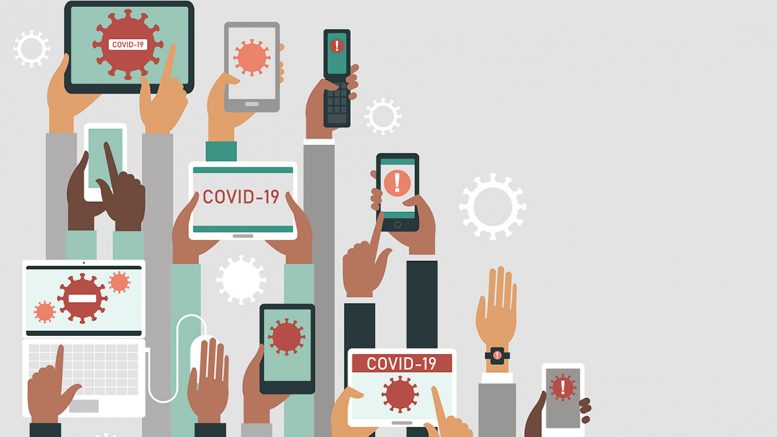I am today reminded of the early 17th-century saying: ‘Adversity makes strange bedfellows.’ You can try replacing the word ‘adversity’ with ‘enemies’ or ‘politics’ or even ‘poverty’ and you will arrive at the same meaning – different circumstances bring together very different people. So has COVID-19.
Last week we witnessed the coming together of world leaders, scientists, humanitarians and private sector partners to make new tools and medicines to diagnose and treat COVID-19. These new tools and medicines would be accessible to people everywhere. And then we had Sanofi and GSK announce a collaboration to develop a vaccine for COVID-19.
Both of the above would have been completely unheard of even six months back. Big pharmaceutical companies are known to guard their R&D and work in silos. Moreover, developing a new vaccine or a new medicine is a laborious process, taking anywhere between 10-12 years and fraught with failures along the way.
It has taken a virus to do the unthinkable – bring together adversaries to work on a common goal and purpose. Never before has something of this scale ever been witnessed. The world order is certainly changing, and we must strive to ensure this spirit of collaboration is here to stay.
While there are no compromises on health and safety of colleagues, there has been an equal sense of importance given to keep manufacturing plants of essential services (like pharmaceuticals and agriculture) running.
Shutting down a manufacturing plant is no easy task. It is a herculean process. It is not like one pulls the plug off and the machinery stops. There is a cool down period that can well take up to 3-4 days. The losses can run into millions of rupees. The Indian government who understood this critical situation acted swiftly and decisively. Manufacturing plants of essential services have been given special permissions and their workers issued special passes to ensure there is food on the table for the population and that medicines are available. Minimum number of workers per shift have been identified and there are cases of due diligent visits by government officials at some of these manufacturing sites to ensure all safety and social distancing measures are being followed.
There is of course documentation that is required to follow for all of the above. Normally, any documentation and its approval from the government would run into weeks. The COVID-19 scenario has bought into limelight the alacrity with which the government can act when faced with a humanitarian crisis. All approvals have moved online. Every discussion is done either telephonically or through emails. One always associates the government offices with bureaucracy and red tape. Not now. Working with the government in this crisis has led to a new normal, a new definition of collaboration and partnership.
We need to be conscious of this new level of relationship and ensure we do not throw it away. This is the time to build and sustain your relationships with key opinion leaders, the movers and the shakers.
Here are two some simple ways by which we can ensure our stakeholder relationships stay long-term:
- Be part of policy change discussions – almost all States are having internal discussions and reviewing the current state of healthcare policy and reforms. The government is re-looking at public transport, infrastructure and almost every sectoral policy. Make sure that your business leaders get a seat on the table for these discussions. Collaboration calls for diverse mind-sets to come together. Look within your community and identify the appropriate touch points. Strengthen your relationship with your State Government.
- Collaborate with the government on communicating the right messages on COVID-19. Fake news and its machinery have raised its ugly head here as well. Now is the time for communication experts and firms to reach out to the government and work on strong messaging with an integrated communications plan.
Strike now, while the iron is hot.
The views and opinions published here belong to the author and do not necessarily reflect the views and opinions of the publisher.



Yes Sarita i am almost daily in touch with state goverment on news about the Corona which is valuable to Goverment in Academics & data & also on ground level. Thanks i like your article – Strike when iron is hot. Dr merchant Cardiologist Founder Member Lilavati hospital Mumbai